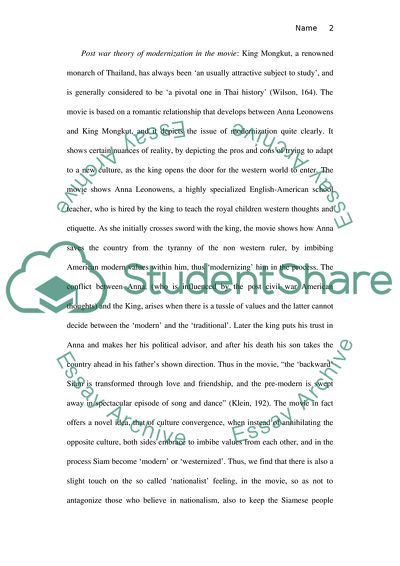Cite this document
(“Orientalism In Hollywood Movies Movie Review Example | Topics and Well Written Essays - 1000 words”, n.d.)
Retrieved from https://studentshare.org/visual-arts-film-studies/1565354-orientalism-or-nationalism-in-film-detail-see-attached
Retrieved from https://studentshare.org/visual-arts-film-studies/1565354-orientalism-or-nationalism-in-film-detail-see-attached
(Orientalism In Hollywood Movies Movie Review Example | Topics and Well Written Essays - 1000 Words)
https://studentshare.org/visual-arts-film-studies/1565354-orientalism-or-nationalism-in-film-detail-see-attached.
https://studentshare.org/visual-arts-film-studies/1565354-orientalism-or-nationalism-in-film-detail-see-attached.
“Orientalism In Hollywood Movies Movie Review Example | Topics and Well Written Essays - 1000 Words”, n.d. https://studentshare.org/visual-arts-film-studies/1565354-orientalism-or-nationalism-in-film-detail-see-attached.


